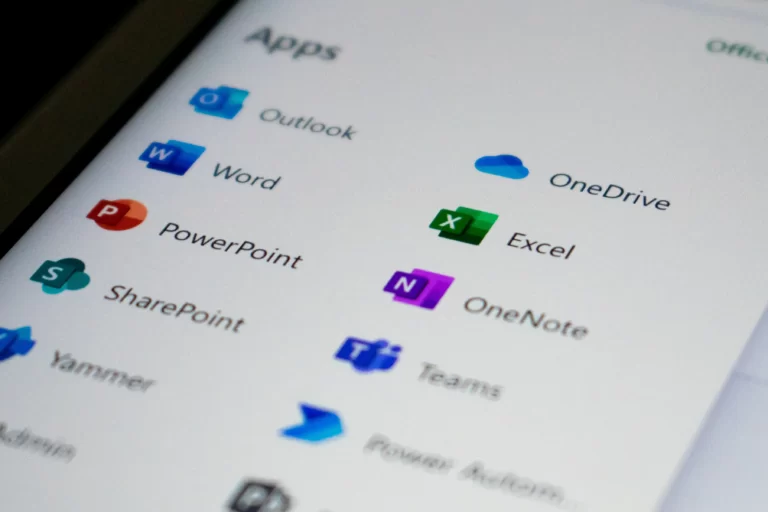The Significance of a Corporate Firewall in Protecting Businesses from Cybercrime
Discover the crucial role of a corporate firewall in defending your organization against cyber threats. Explore how this robust security measure shields your internal network, controls access, detects intrusions, secures remote connections, and prevents data leakage, ensuring your business remains resilient in the face of evolving cyber risks.
In an increasingly connected and digital world, businesses of all sizes face a multitude of cyber threats that can compromise sensitive data, disrupt operations, and damage their reputation. As the realm of cybercrime continues to evolve, it becomes imperative for organizations to fortify their digital defenses. One vital component in the arsenal of cybersecurity measures is a corporate firewall. In this blog post, we will explore the significance of a corporate firewall and how it plays a pivotal role in safeguarding businesses against cybercrime.
As the threat landscape continues to evolve, businesses must remain vigilant and proactive in protecting their digital assets. A corporate firewall is an indispensable tool in this battle against cybercrime. By deploying a robust firewall solution, organizations can fortify their networks, control access to critical resources, detect and prevent intrusions, secure remote access, and safeguard sensitive data. As cyber threats become more sophisticated, investing in a reliable corporate firewall is not just an option; it is a necessity to ensure the resilience and security of your business in the digital age.





